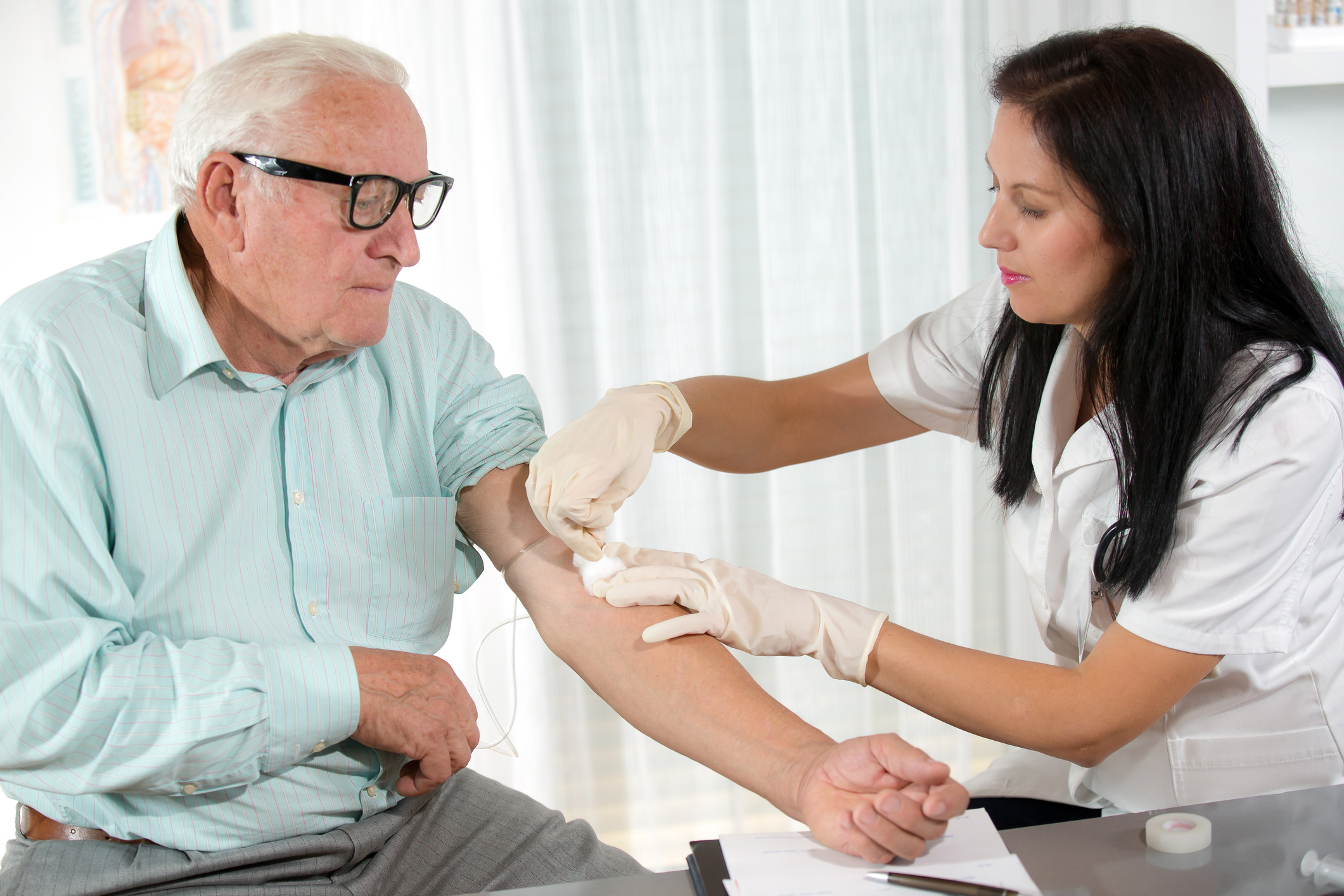To diagnose Alzheimers doctors may. The Self-Administered Gerocognitive Exam known as SAGE is a brief pen-and-paper cognitive assessment tool designed to detect the early signs of cognitive memory or thinking impairments.
 Sage Test 15 Minute At Home Test For Alzheimer S Dailycaring
Sage Test 15 Minute At Home Test For Alzheimer S Dailycaring
Can you Self-Test for Alzheimers with the SAGE test.

How do they test for dementia or alzheimer's. Ask the person and a family member or friend questions about overall health use of prescription and over-the-counter medicines diet past medical problems ability to carry out daily activities and changes in behavior and personality. How do they test for dementia. These tests might be helpful to understand if you need to visit a specialist.
Alzheimers is the most common cause of dementia. These tests are primarily used to rule out other conditions that may cause symptoms similar to Alzheimers but require different treatment. Alzheimers disease testing is initially based on memory and cognitive impairment then relies on brain imaging technology such as CT MRI and PET scans.
For now insurance does not cover this expense. The SAGE test Self-Administered Gerocognitive Exam is a written test for people who are at risk of dementia or suspect they may be developing symptoms of Alzheimers. Doctors use a number of different assessments and tests including a physical exam lab tests analysis of medical history cognitive and neuropsychological tests to diagnose dementia.
Anaemia Infection Electrolyte balance salt and water Liver function. A common one used by GPs is the. In the mini-cog exam the patient will be asked to memorize and later repeat the names of three everyday objects and will be asked to draw an analog clock with the numbers in the right places and the hands showing a specific time.
The cost of the test is around 1250. There are several different tests. This at-home pen-and-paper test is free takes just 15 minutes and accurately identifies early symptoms of Alzheimers or dementia.
Guidelines for a standardized Alzheimers test are supplied by the National Institutes of Health-Alzheimers Disease and Related Disorders Association NIH-ADRDA. Learning about the two terms and the difference between them is important and can empower individuals with Alzheimers or another dementia their families and their caregivers with necessary knowledge. Read more about the tests used to diagnose dementia.
Lab tests will be run to exclude vitamin deficiencies and thyroid disorders that may cause memory problems. Alzheimers is a specific disease. Routine laboratory tests used in the diagnosis of dementia include.
They will check reflexes balance blood pressure sense of sight and hearing etc. To help rule out other causes of memory problems the GP will do a physical examination and may organise tests such as a blood test and urine test. The results of the blood test are supposed to enhance the accuracy of clinical diagnosis by distinguishing Alzheimers dementia from memory loss that is brought about by other medical conditions.
Structural imaging can reveal tumors evidence of small or large strokes damage from severe head. But all of the thinking and memory. These tests are known as cognitive assessments and may be done initially by a GP.
Therefore an early step in diagnosing dementia is to rule out these causes through a physical examination blood tests and urine tests. A thorough review of all medications being taken by the patient along with an evaluation of family medical history will help the doctor in a diagnosis. Thankfully a person can take advantage of financial assistance programs.
The two most common tests for Dementia and Alzheimers are mini-mental state exam MMSE and the mini-cog exam. In conjunction with other labs these results rule out alternative. A standard medical workup for Alzheimers disease often includes structural imaging with magnetic resonance imaging MRI or computed tomography CT.
And if the stress and exhaustion of caregiving are making you feel like your brain isnt working anymore this quick test can reassure you that theres no problem with your cognitive function. Blood tests to investigate. To check your reflexes your doctor may tap a small rubber hammer.
Youll also be asked to do a memory or cognitive test to check any problems with your memory or ability to think clearly. There is no single diagnostic test for Alzheimers disease and other causes of dementia. To do this they might ask you to push or pull their hands using your arms or to stand with your eyes closed and touch your nose.
People with symptoms of dementia are given tests to check their mental abilities such as memory or thinking. In the MMSE the doctor will ask a series of. Blood Test Cost Implications.
